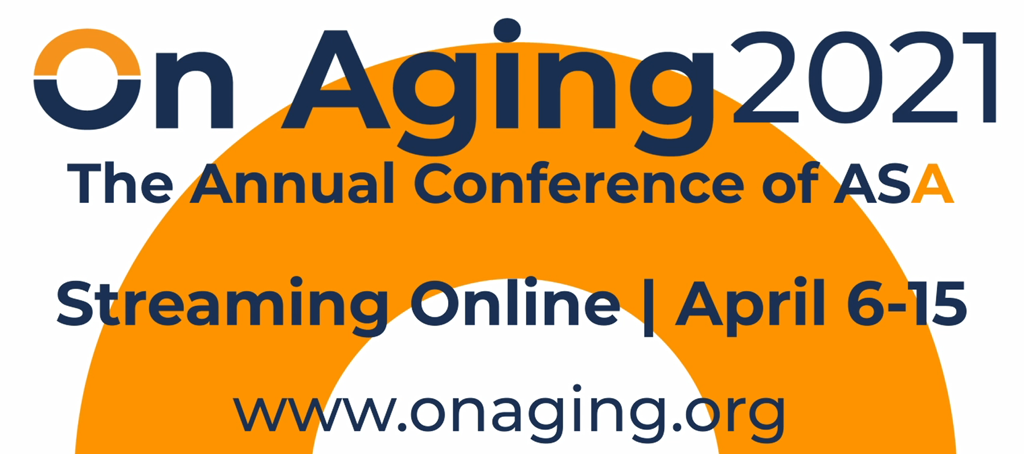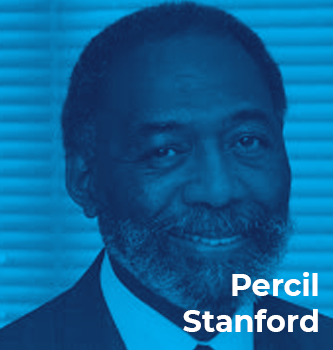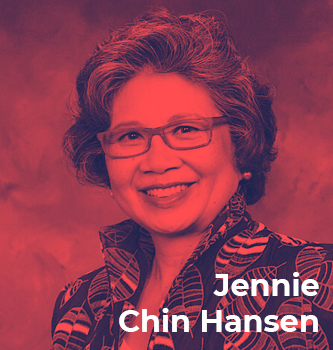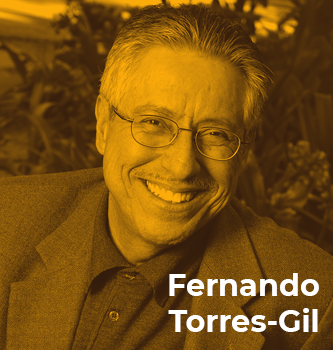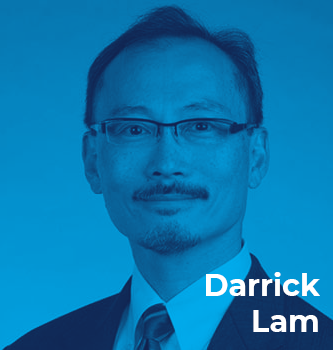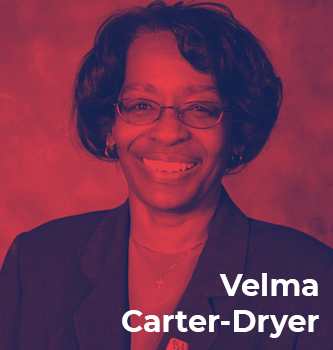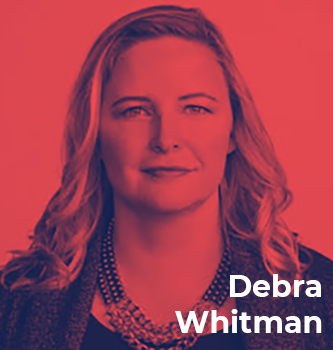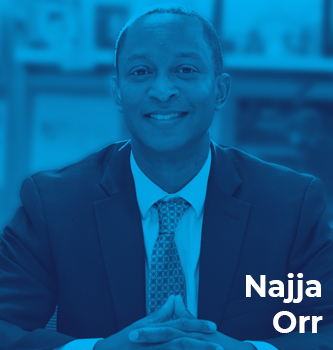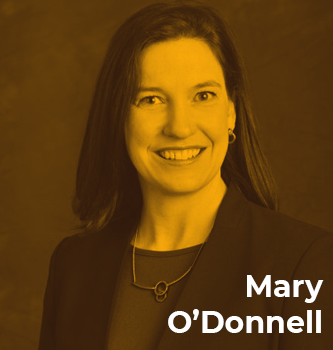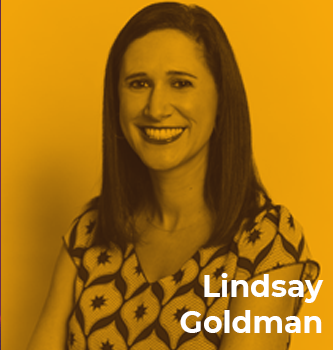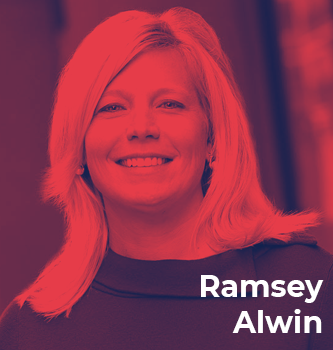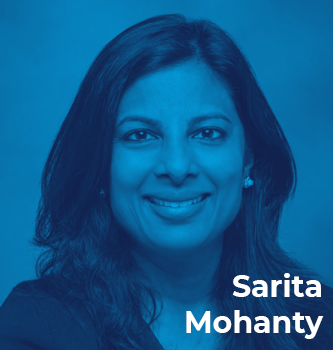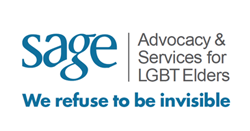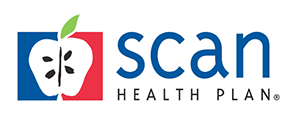The Annual Conference of the American Society on Aging
April 6-15, 2021 | A Virtual Event
Cost: $290 for ASA members
Not a member of ASA? Join and register simultaneously for $540
Theme of On Aging 2021: Equity
The theme of On Aging 2021, the annual conference of ASA, is Equity. You’ll see this theme woven throughout our programs and here are just some of the programs you won’t want to miss. Plus we will announce how ASA is rising up to invest in work that builds equity in the field of aging today and for generations to come.
Scroll down to explore a selection of On Aging 2021 workshops, keynotes, summits and a chance to sign up for a focus group on our DEI principles.
On Diversity, Equity and Inclusion in an Aging Society
Tuesday, April 6
9:45 am -12:45 pm PT / 10:45 am – 1:45 pm MT / 11:45 am – 2:45 pm CT / 12:45 – 3:45 pm ET
Speakers: Percil Stanford, PhD, CEO, Folding Voice, LLC; Jennie Chin Hansen, RN, MS, FAAN, Independent Consultant, Hirsh Philanthropy Partners; Fernando Torres-Gil, PhD, first appointed U.S. Assistant Secretary on Aging; Darrick Lam, MSW, MBA, President & CEO, ACC Senior Services, NOMA Co-chair; Velma Carter-Dryer, MSW, Transplant Social Worker, Penn State Health, NOMA Co-chair; more to be announced
ASA has a long history of committing to the inclusion of people of all abilities, ages and racial and cultural backgrounds. With diversity, equity and inclusion (DEI) at the forefront of the nation’s conversation, ASA will convene this Summit to open its On Aging 2021 Conference. Join us for a discussion of ASA’s DEI history, where we need to go, and current efforts to embed DEI as a fundamental principle of ASA membership. National leaders in aging and beyond will join us to talk about this work in context of broader social justice and inclusion movements. Plus, all who attend will have the chance to react and share ideas in small break-out sessions.
Member feedback needed
A draft of the Diversity Equity and Inclusion Principles is being developed and will be the basis upon which our Diversity Equity and Inclusion Commission will operate. We will be sharing these during our Diversity Summit.
In preparation for the summit, we invite you to share your thoughts and feedback with us during focus groups being held the week of March 15, 2021. Focus groups will be facilitated by ASA's DEI consultant, Dr. Keith Earley and his team.
Please complete this interest form by March 9, 2021 to participate. Slots for participation in the focus groups are limited.
Moving the Needle: Advancing Equity for All Across the Lifespan
Wednesday, April 14
8:30 – 9:30 am PT / 9:30 – 10:30 am MT / 10:30 – 11:30 am CT / 11:30 am – 12:30 pm ET
Hosted by Debra Whitman, Executive Vice President and Chief Public Policy Officer, AARP
This panel will teach us lessons that we can apply to our own work across the field of aging.
On Aging 2021 and Beyond
Thursday, April 15
8:30 – 9:30 am PT / 9:30 – 10:30 am MT / 10:30 – 11:30 am CT / 11:30 am – 12:30 pm ET
Hosted by Peter Kaldes, CEO American Society on Aging;
Panel Guests: Najja Orr, MBA, CEO, Philadelphia Corporation for Aging; Mary O’Donnell, President, RRF Foundation for Aging; Ramsey Alwin, President & CEO, National Council on Aging; Lindsay Goldman, CEO, Grantmakers in Aging; Sarita Mohanty, President & CEO, The SCAN Foundation
Several new leaders of organizations in aging began their work during 2020. They rose to the challenge and led their organizations during an unprecedented global pandemic. Their ascension is part of the biggest shift in decades in leadership of organizations in aging. With change comes enormous responsibility and seismic opportunities for these organizations to drive real change in aging.
AARP Foundation is sponsoring a 3-part workshop series that highlights the intersectionality between equity and economic security.
Equitable Pathways Towards Economic Opportunity
Monday, April 12
11:30 am – 12:30 pm PT / 12:30 – 2:30 pm MT / 1:30 – 2:30 pm CT / 2:30 – 3:30 pm ET
Sponsored by AARP Foundation
COVID-19 has magnified systemic racism and discrimination that has perpetuated conditions of poverty and economic instability for older adults. Since the pandemic began, older workers lost jobs sooner, were rehired slower and continue to face higher job losses than their counterparts ages 35 to 54. Unemployment rates are far worse for older workers who are black, female or lack college degrees. The unemployment spike for older workers could force more of them into early and involuntary retirement, worsen their financial well-being and exacerbate disparities. Three experts in policy, evidence-based programming and EdTech will discuss and share solutions for building equitable pathways towards opportunity for low-income older adults.
Work Programs that Work
Tuesday, April 13
1:45 – 2:45 pm PT / 2:45 – 3:45 pm MT / 3:45 – 4:45 pm CT / 4:45 – 5:45 pm ET
Sponsored by AARP Foundation
Job loss and long-term unemployment has hit low-income older adults hard during the economic crisis due to COVID-19. Many experts believe COVID will have long-lasting impacts on the job market, changing the way we work and the job skills needed. This session will look at how AARP Foundation workforce programs are addressing current needs and planning for future needs of low-income older workers and the importance of prioritizing workforce equity.
Disrupting Disparities Among LGBTQ Older Adults
Tuesday, April 13
9:45 – 10:45 am PT / 10:45 – 11:45 am MT / 11:45 am – 12:45 pm CT / 12:45 – 1:45 pm ET
Sponsored by AARP Foundation
Disparities obstruct the health security and financial resilience that enable people to thrive equitably as they age. The health and economic impacts of COVID-19 has amplified and shed light on these disparities among the LGBTQ community and communities of color. This session will take a look at the new report by AARP New York and SAGE supported by AARP Foundation, Disrupting Disparities: Solutions for LGBTQ New Yorkers 50+. Presenters will be joined by a group of experts to discuss the importance of diverse data collection to disrupt disparities and other solutions.
Increasing Access to Healing Services and Just Outcomes for Older African American Survivors
Tuesday, April 6
2:15 – 3:15 pm PT / 3:15 – 4:15 pm MT / 4:15 – 5:15 pm CT / 5:15 – 6:15 pm ET
Presenters: Katie Block, Juanita Davis
This interactive workshop will introduce participants to the Increasing Access to Healing Services and Just Outcomes for Older African American Crime Survivors toolkit, a resource recently published by The National Clearinghouse on Abuse in Later Life. Through a series of guided conversations, participants will interface with the toolkit, and dialogue about specific strategies for enhancing services for older African Americans in their work.
Social Care for Transgender and Gender Expansive Adults in Later Life
Wednesday, April 7
11:30 am – 12:30 pm PT / 12:30 – 1:30 pm MT / 1:30 – 2:30 pm CT / 2:30 – 3:30 pm ET
Presenters: Lisa Krinsky, Vanessa Fabbre, Mark Brennan-Ing, Aaron Tax, Robert Linscott, Eleni Gaveras
People who are transgender and gender expansive face challenges accessing the social care we all need in later life. This session will explain how stigma and discrimination impact the access to social care resources for transgender and gender expansive adults in later life, present best practices for providing affirming care for this population, and provide strategies for increasing the competency of the social care and aging network workforce. We will then discuss how current policies and programs impact access to social care for transgender and gender expansive older adults, and advocacy efforts to improve the well-being of this population.
Stronger Together - Serving Diverse Elders
Wednesday, April 7
2:00 – 3:00 pm PT / 3:00 – 4:00 pm MT / 4:00 – 5:00 pm CT / 5:00 – 6:00 pm ET
Presenters: Rebecca Owl Morgan, Sherrill Wayland, Angie Boddie, Frances Huynh, Shannon Patrick
When working with diverse elder communities it is essential to realize that outside forces can add to the lifetime of discrimination that some members have faced. The more intersecting identities a person holds, the more likely the older adult lived and continues to live with daily obstacles and has to navigate oppression. Join this virtual session for a panel discussion on best practices, resources and technical assistance for serving diverse elders documented in the new guide, Serving Diverse Elders: Strategies for Meaningful Inclusion in Service Planning and Delivery.
What is Successful Community Based Programming: Intergenerational, Queer, and Anti-Racist?
Thursday, April 8
10:00 – 11:00 am PT / 11:00 am – 12:00 pm MT / 12:00 – 1:00 pm CT / 1:00 – 2:00 pm ET
Presenters: Katie Garber, Aleshia Faust-McCauley
From November, 2019 - October, 2020, Katie and Aleshia executed on the ground programming for older adults in DC that focused on intersectionalities of age, race, gender and sexual orientations. This presentation is an overview of their experience, sharing best practices and lessons learned, as well as a practical guide for aging leaders to bring effective, culturally affirming programming to their communities. COVID-19 and the Decline Narrative of Aging Friday, April 9 9:45 – 10:45 Richard Eisenberg, Ken P Stern, Moira O'Neil, Margaret Morganroth Gullette Some analysts of aging believe that the COVID-19 pandemic has only intensified the decline narrative of aging—the view held by some individuals, policymakers and healthcare providers that getting older means just decline, deterioration, decay and dependency. Others maintain it has only made this misperception more visible. This panel will discuss American's view of older adults during the pandemic and what we can expect in the future.
Advancing Health Equity Through Meal Programs Serving Older Adults
Monday, April 12
12:45 – 1:45 pm PT / 1:45 – 2:45 pm MT / 2:45 – 3:45 pm CT / 3:45 – 4:45 pm ET
Presenters: Judy R Simon, Jeanne Ayers, Sara S Koenig, Phillip Lanier, Raia Contractor
Community-based senior meal programs address social determinants by expanding food access, providing nutrition and health education, and offering social services and interpersonal connections. Hear from thought leaders and government/community organizations about how programs are challenged to continue to respond to COVID-19, while also identifying gaps in program access and creating systemic solutions to develop equitable and sustainable senior meal programs.
Michigan's Approach to Advancing Diversity, Equity and Inclusion Among Older Adults Using a Strategic Assessment & Planning Processes to Drive Meaningful Change
Tuesday, April 13
1:45 – 2:45 / 2:45 – 3:45 pm MT / 3:45 – 4:45 pm CT / 4:45 – 5:45 pm ET
Presenters: Alexis Travis, Lauren LaPine, Julia Heany
The session will highlight recent critical efforts spearheaded by Michigan's key leaders and partners assess, promote and improve the health and well-being of older adults and persons with disabilities. The session will focus on the intersection between four key efforts: Michigan's State Plan on Aging, Age-Friendly States Initiative, No Wrong Door ADRC Rapid Assessment and creation of an Age-Friendly Public Health System. The session will detail the intentional focus on DEI in the design of each process and subsequent activities. It will also call out commonalities in findings and strategies to improve health and well-being among older adults and persons with disabilities in Michigan and beyond.
The Way We Do the Things We Do: Recognizing Ageism and Implications for Workforce Development
Wednesday, April 14
9:45 – 10:45 am PT / 10:45 – 11:45 am MT / 11:45 am – 12:45 pm CT / 12:45 – 1:45 pm ET
Dr. Amy Dore, Kris Geerken
This session focuses on intergenerational ageism, workforce development and how to change our implicit biases about age. Ageism occurs everywhere and impacts all generations. This session will introduce tools attendees can use to close the gap regarding ageist biases afflicting our everyday actions. We will show how current literature, policies and local needs can assist in developing intergenerational community collaborations. Participants of the session will learn how to demonstrate a new way of looking at age and aging. We are excited to share our journey of examining ageism, along with examples of the academic collaborations, challenges and opportunities.
Workshops in the Justice and Equity Track are generously sponsored by



